Today in our interviews Section we have the pleasure of introducing Kaisa Kytömäki, from Sastamala Public Library in Finland.
This was one of the first libraries to join NAPLE Sister Libraries, more than 2 years ago, practically the same time it’s been sister with Croatian“Public Library “Fran Galovic”. Its librarian, Dijana Sabolović-Krajina, was the last colleague interviewed in this section.
Remember you can check former interviews in our Interviews Section!
Former ones were:
- Dijana Sabolović-Krajina, from “Public Library “Fran Galovic” in Koprivnica (Croatia)
- Aleksandra Zawalska-Hawel, from the Municipal Public Library in Piekary Slaskie in Poland
- Loly León, from the Arucas Municipal Library in Gran Canaria, Spain.
- Valentina Grinevičienė, from the Kaunas County Public Library, Lithuania.
- Anunciação Gaspar, from the Lousada Municipal Library, Portugal.
- Kathleen Dubois, from the Library Tielt-Winge, Belgium.
- Simona Resman, from the Ljubljana City Library, Slovenia.
Well, first of all, how did you hear of the sister libraries programme and what motivated you to participate?
I heard of the programme through the Finnish Centre for Economic development, Transport and the Environment. Marjariitta Viiri from the centre sent an e-mail about the new program to public libraries in Finland. It seemed like a great opportunity to try something new, and bring an international dimension to our work here in Sastamala.
Please, tell us a bit more about your community. We already know a bit about it thanks to the information on Sastamala you provided in your application form. What is the community you serve like? Which languages are spoken?
Sastamala is a city of about 26000 inhabitants. The city came into being in 2009, when several smaller towns came together to form one bigger city. This is a common trend in Finland: towns are melting together to combine their costs and services. Even if Sastamala is a city, the landscape is still mostly rural. People are scattered in a big geographical area, which means that library services have to form a functional network. In addition to the main library, we have seven branch libraries all around Sastamala, and one mobile library.
The immigrant population in Sastamala is relatively small in comparison to many other towns in Finland. Nevertheless, we do have some people coming from Estonia, Russia, Poland, Spain, and also other countries. Many of them are active library users, and we try to provide them with materials in their native languages as well.
In your form we have a lot of information too on the library service, what advantages or disadvantages do you find in being part of a larger network (in your case, the PIKI network)? Back then, you also provided a lot of information on your programmes, would you tell us what your main projects/activities at this time are?
Being part of a bigger network has many advantages. Most importantly, it enables us to offer better services to our patrons. We have a common database and functional transportation system between all PIKI libraries, which means that our patrons can easily reserve and borrow materials from any library in the network. We also have a lot of cooperation and common professional training between the staff of PIKI libraries.
As for the disadvantages of library networking, I haven’t found many. Of course we don’t have autonomy to decide alone about everything, and there are some rules that are common for the entire PIKI area, but the positive sides are much more important. We are still able to affect all decisions in PIKI, since all libraries make them together. Being part of a bigger network means that, in addition to your own work unit, you can always ask for advice, and get help and support from professionals in other libraries as well.
In regard to library activities and programs, our library has especially focused on school cooperation in the recent years. We have a lot of groups visiting from elementary, secondary, and also vocational schools in Sastamala. Our librarians also visit the schools: we offer, for instance, book talk, and we teach library use and other information retrieval.
Another popular activity we offer is digitization. Our library provides the equipment and guidance for patrons, who want to digitize their old VHS- and c-tapes, LP records, pictures, etc.
The newest program we are involved in is a national pilot project in cooperation with special library Celia, which produces and provides literature in accessible formats for people who are unable to read standard printed books, due to illness or disability. We are planning ways to bring the materials of Celia to public libraries in order to reach more potential users. This program is just beginning, so we will see what the future brings.
Your sister library is the “Public Library “Fran Galovic” in Koprivnica, Croatia. Was it difficult to make a selection from the list of participating libraries? Have you found many differences in the way public libraries work in the two countries?
Our sistership with Fran Galović begun in the beginning of 2012. The choice was easy, since our libraries had some similar interests in regard to programs, and we are serving communities of quite a similar size. It has been very interesting to compare libraries in Croatia and Finland, and of course there are some differences. There is, for instance, a very different culture of public library use, and tradition of public libraries. One big difference is the networking of libraries: whereas in Finland large, regional library networks with shared databases and services are common, in Croatia libraries are still focused in their own communities. On the other hand, in my experience the local cooperation between libraries and other institutions is stronger in Croatia than in Finland, where librarians are only starting to think what possibilities we have for networking in addition to other libraries.
When discussing the differences with our Croatian colleagues, however, we have often come to the conclusion that despite the differences, the basics of our work are quite similar in both countries. The main thing is that we try to make our services as good as possible with the limited resources we have, and library user is at the centre of everything we do.
You have both a website and a Facebook profile, what advantages do you find in both of them for the relations with the library users? Have you used them to cooperate with your NAPLE Sister Libraries and/or promote or to give news on your activities? Are you thinking of using more social networks (like Twitter and Youtube, etc)…?
The basic info about our library is given on Sastamala city website, but our actual online services are found in PIKI web library, which is the common online library of the PIKI network. In PIKI web library our patrons can search the library database, log in, make reservations, renew their loans, borrow e-books, read articles, and review books and music etc. PIKI web library is an important part of our services, and patrons use it actively.
Our Facebook profile is used mostly to announce events and news in Sastamala libraries, but sometimes we also tip off things from PIKI web library, or share other interesting, library related materials. NAPLE Sister Libraries has also been visible on our Facebook, in that we have given information about projects and events in relation to the sistership. At the moment we are not planning to increase our use of social media.
Among other things, staff from both libraries (you and Dijana and Peter from Croatia, as far as we have read) have visited their sister library. Actually you spent three months at your sister library in Croatia and blogged about your experience. Dijana already told us a bit about it in her interview:
“Colleague Kaisa from the Sastamala library was a guest of our library three months and became a part not only of our staff but the whole community. Everybody called her “our Kaisa”.
“Kaisa’s numerous programmes not only in our library, but at the Seniors Home, Association for the Disabled, Cultural and Creative Centre for the Youth PIXEL and many other activities attracted wide public”. Now, we are not going to ask you to translate your whole blog into English 🙂 but could you tell us a bit about your different experiences at your sister library?
Last autumn in Koprivnica was an amazing experience that is very difficult to analyze or sum up in a few sentences. The staff at Fran Galović took me in with open arms. I took part in all kinds of library activities, also organising workshops and lectures of my own. I feel I developed new skills professionally, gained more courage, and also grew as a person during the three months in Croatia. It was great to see and learn about the variety of programs they have in Koprivnica library, and in cooperation with other organisations in the city. I visited several other organisations as well, and had a chance to work with many different people. Even if we didn’t always have a common language, every single encounter with a new person was rewarding. Altogether, Koprivnica took very good care of me, I learned so much, and hopefully I was able to give some new ideas and bring some colour to their autumn as well. Croatia is a beautiful country that has so much to offer – its people, landscapes, and libraries will always occupy a special place in my heart. I’m looking forward to travelling there again!
We have also read in different posts and in Dijana’s interview that some of these visits were funded applying for the Grundtvig programme. Since this could be of interest for other librarians thinking of international cooperation, could you tell us more about it?
My three month stay in Croatia was a so-called Grundtvig assistantship. The Grundtvig programme was targeted for people working in adult education (such as librarians), and it offered many kinds of different funding possibilities for shorter and longer visits, and other international cooperation. I have always dreamed of working abroad for a while, and when I found out that this is ok for both my employer here in Sastamala, as well as to Koprivnica library, I decided to apply for a Grundtvig assistantship that can last from 3 up to 10 months. I received funding for the 3 months I applied, and it covered my travel expenses as well as the living expenses for the entire time I was in Croatia.
The application process was quite simple, and afterwards I had to write a brief report about the assistantship. The Grundtvig program ended in 2013, but I understand that similar possibilities are now offered by the Erasmus+ programme, which came to replace Grundtvig and some of the other old EU programs. I have only positive things to say about Grundtvig and the organisation CIMO that coordinates it in Finland – everything worked smoothly, and without any unnecessary bureaucracy. For more information, you can contact your own national organisation that is responsible for these programs. And I’m also happy to answer any questions, feel free to contact me!
We have featured many of your activities with “Public Library “Fran Galovic” in the NAPLE Sister Libraries Blog: Which one/s would you like to highlight? Have you also interchanged any materials?
I would highlight the common IFLA poster in Singapore last summer, and of course the entire last autumn I spent in library Fran Galović. We have received some materials as donation from Koprivnica, and also given some materials to Koprivnica library. These include books about Koprivnica library and Sastamala, and for instance some children’s books.
Since the main objective of any public library is the service to the community, we would like to know: what have been the reactions/opinions of your users to having a sister library?
Our patrons have been very happy about the sistership. Just this week I had a presentation about Croatia and my Grundtvig assistantship at Fran Galović, and the public was delighted to hear about everything that we have been up to. I have heard no negative comments about international cooperation.
Which advantages do you find for a public library to be involved in international cooperation with other libraries, be it in a programme like NAPLE Sister Libraries, or any other?
It is always good to hear experiences from different cultures, and open your eyes to see the bigger picture. Europe is becoming more integrated year by year, and this should also be visible in our library services. This sort of cooperation enables library staff and patrons to broaden their horizons, so to speak.
What would you say to any librarian who is thinking of the possibility of joining the programme?
Stop thinking and join. The good side with NAPLE Sister Libraries is that you can define what sort of cooperation you want to do, and how much. We all share the problems of too little time and resources, but in this programme you can do things at your own pace. Nothing is required, but the possibilities are unlimited!
Related Articles
- Public Library “Fran Galovic” (Croatia) Awarded Library of the Year
- Poster in IFLA Conference, Singapore, 2013
- Interviews with NAPLESister Libraries: Dijana Sabolóvic-Krajina, from Public Library “Fran Galovic”in Koprivnica (Croatia)
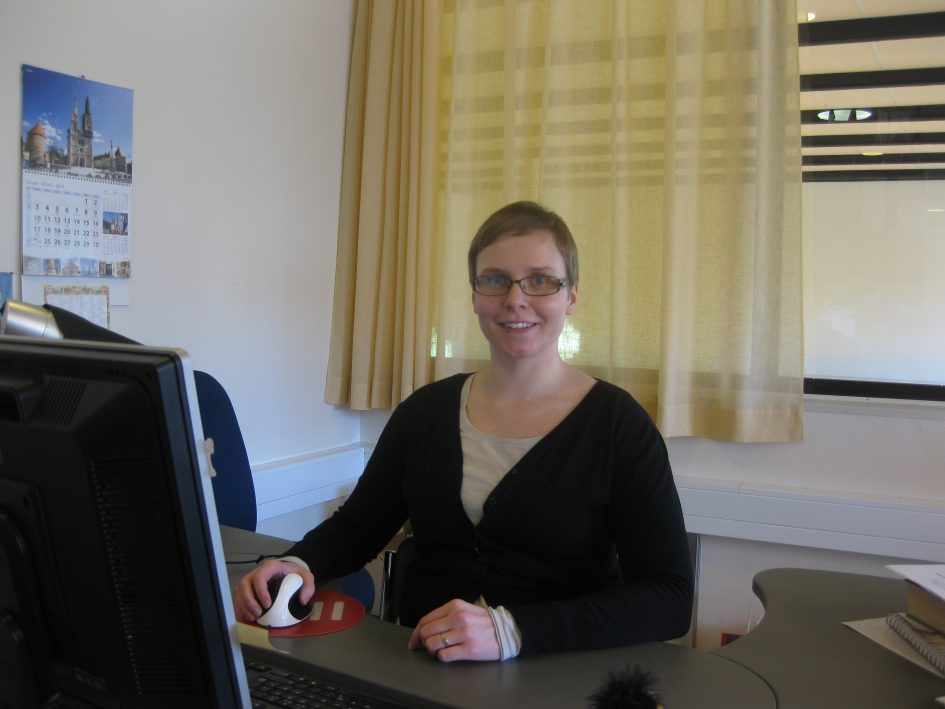
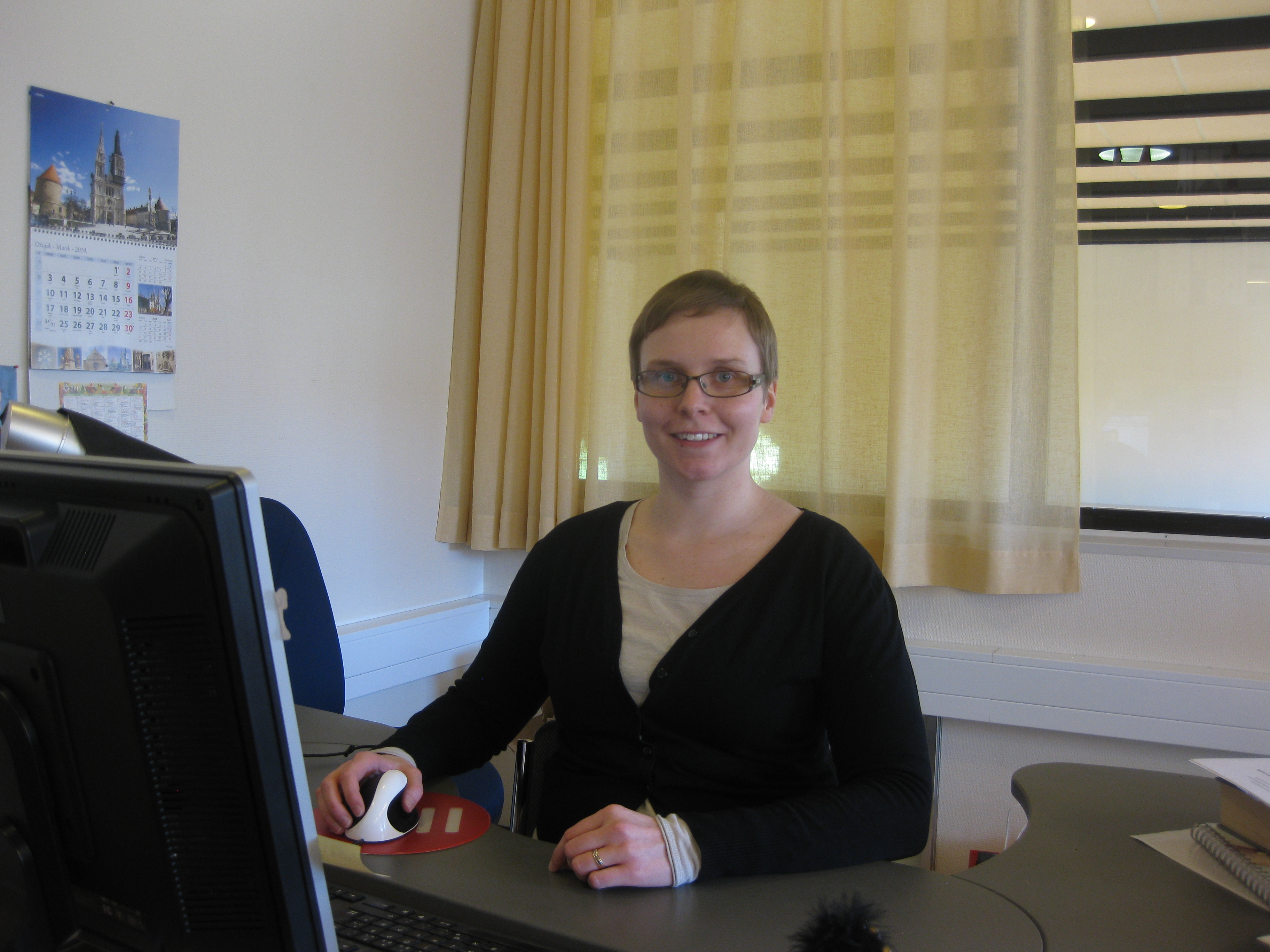
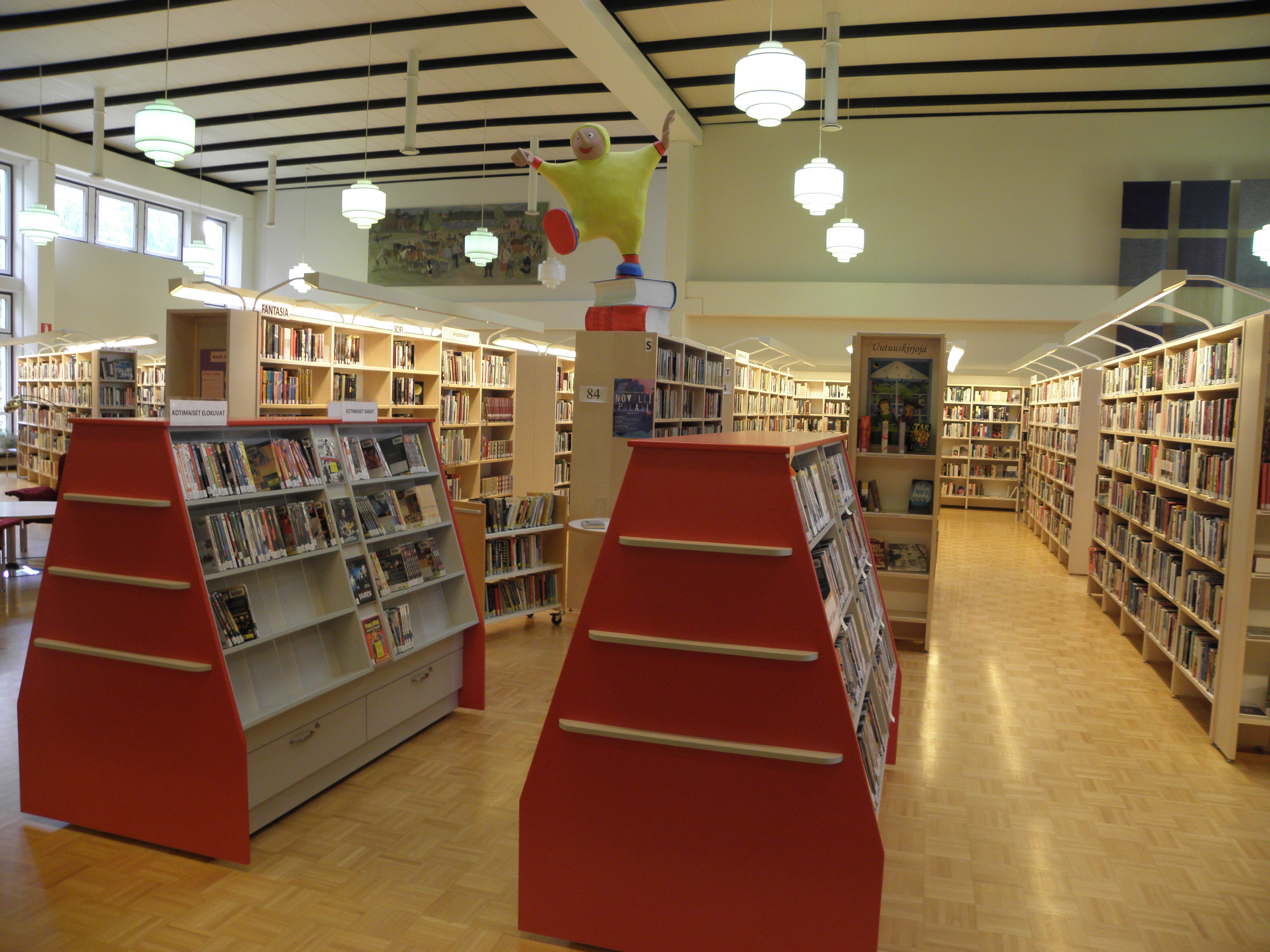
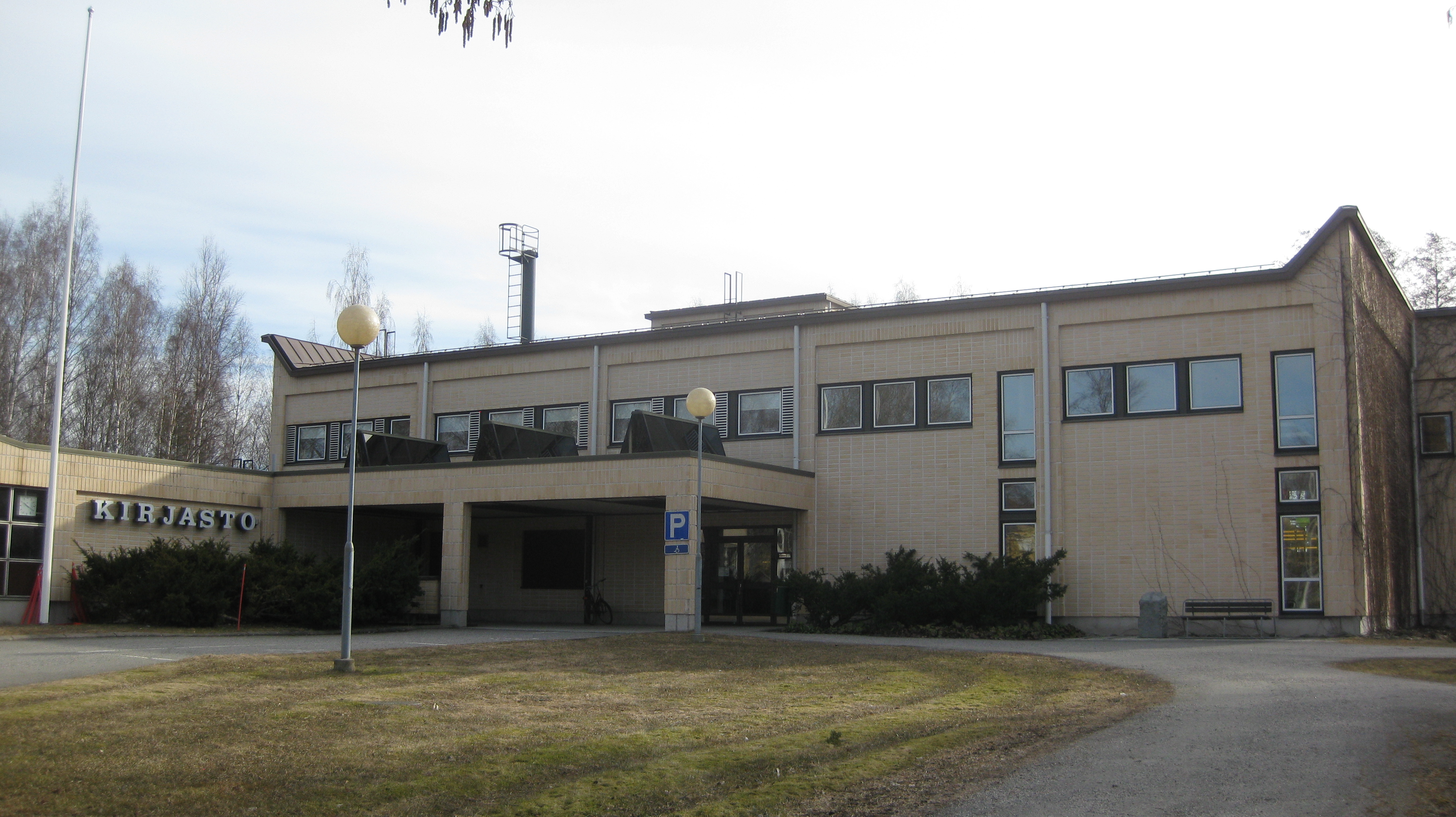
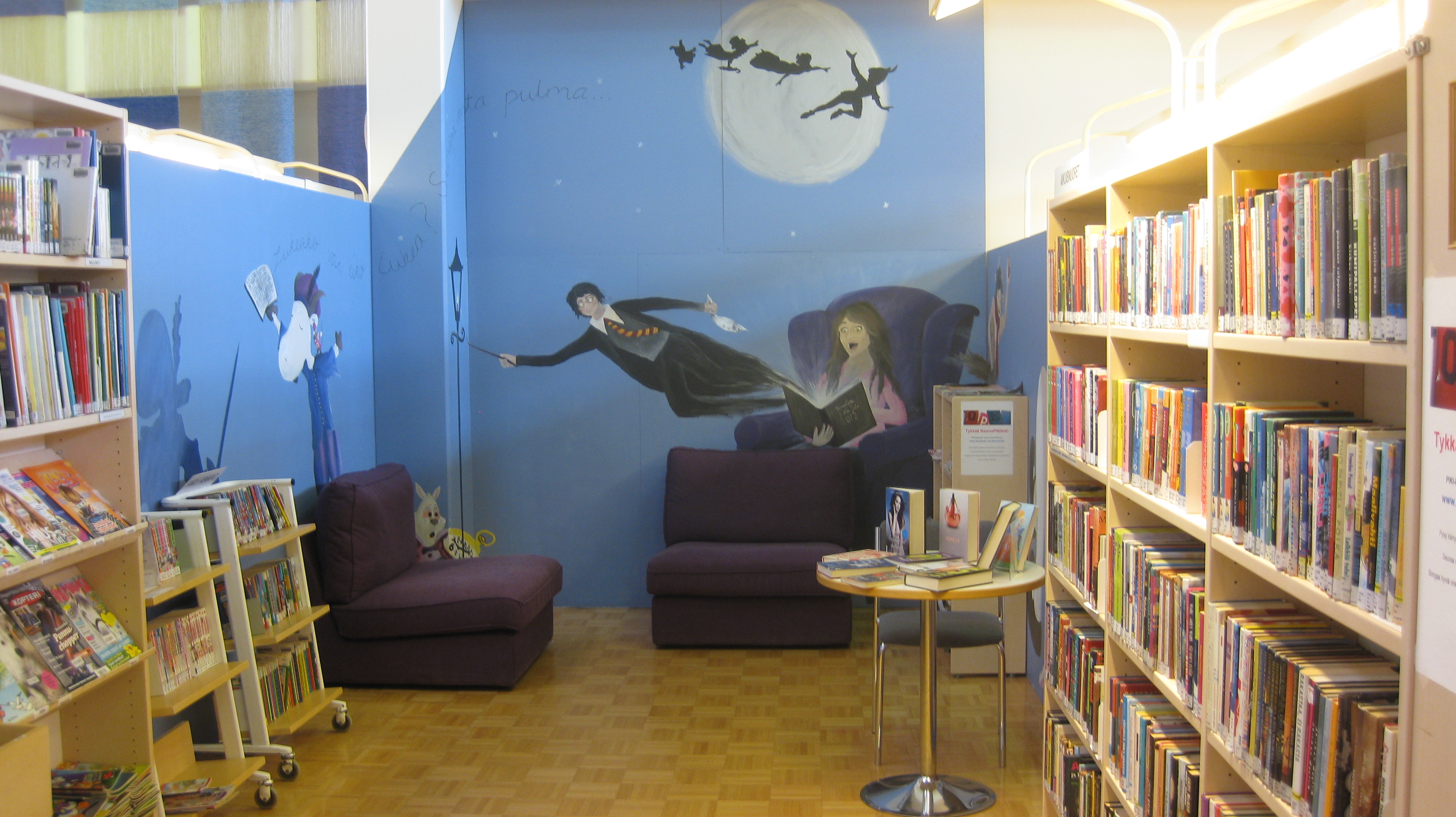
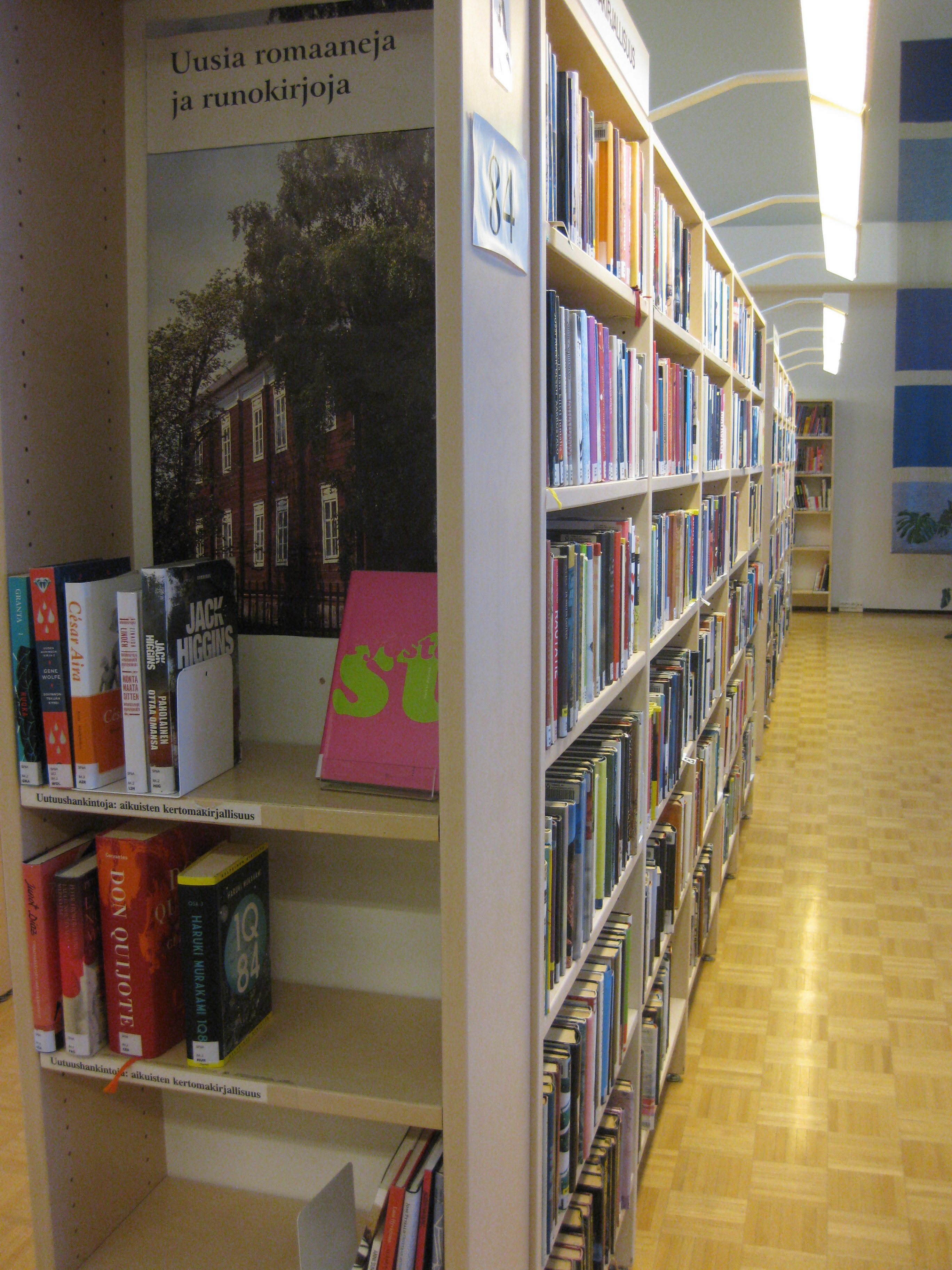
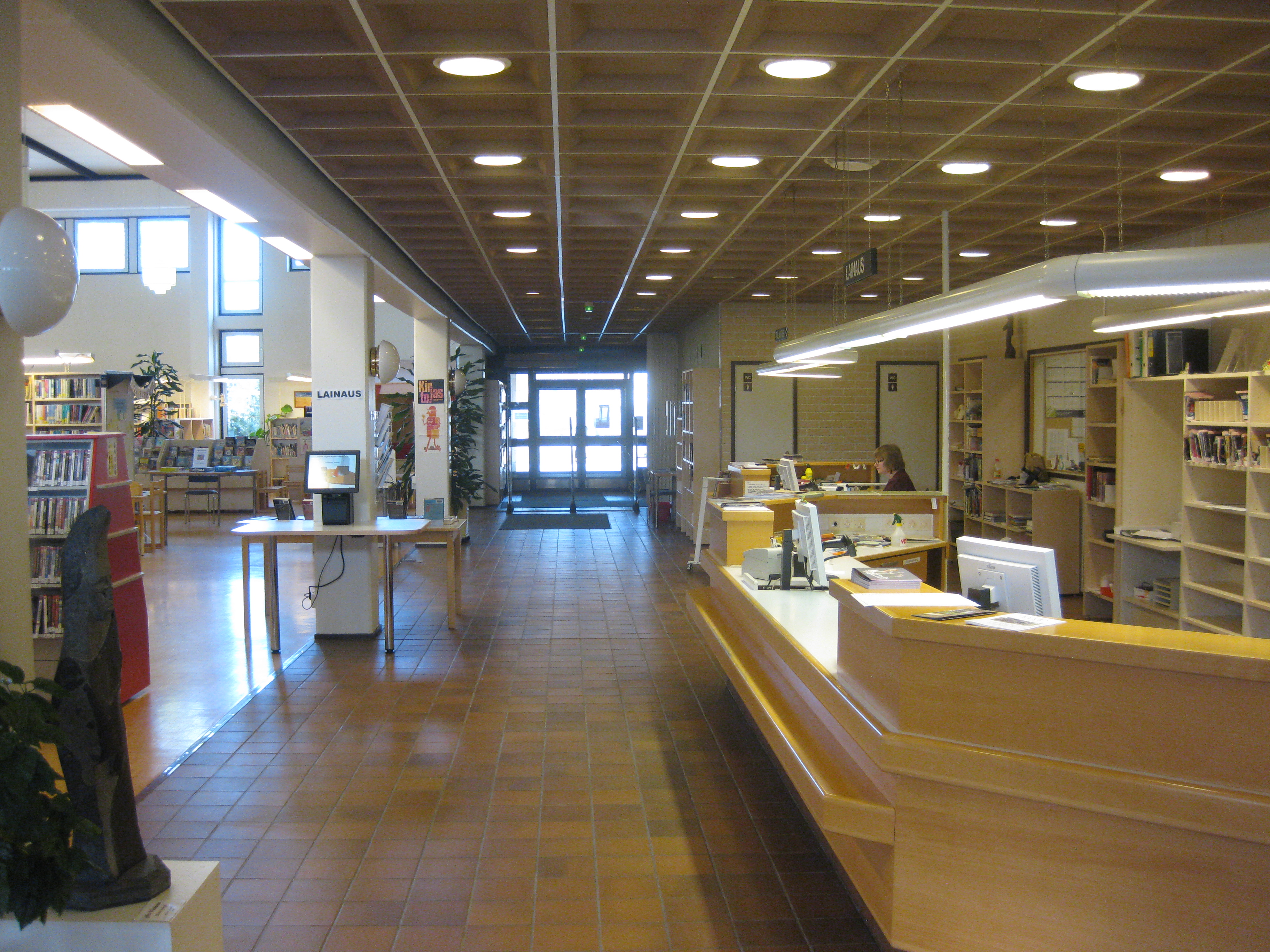
Leave a Reply